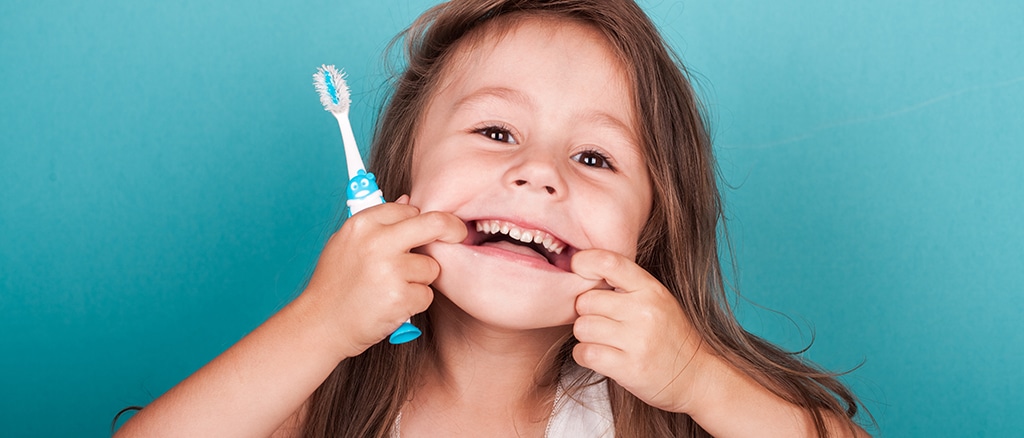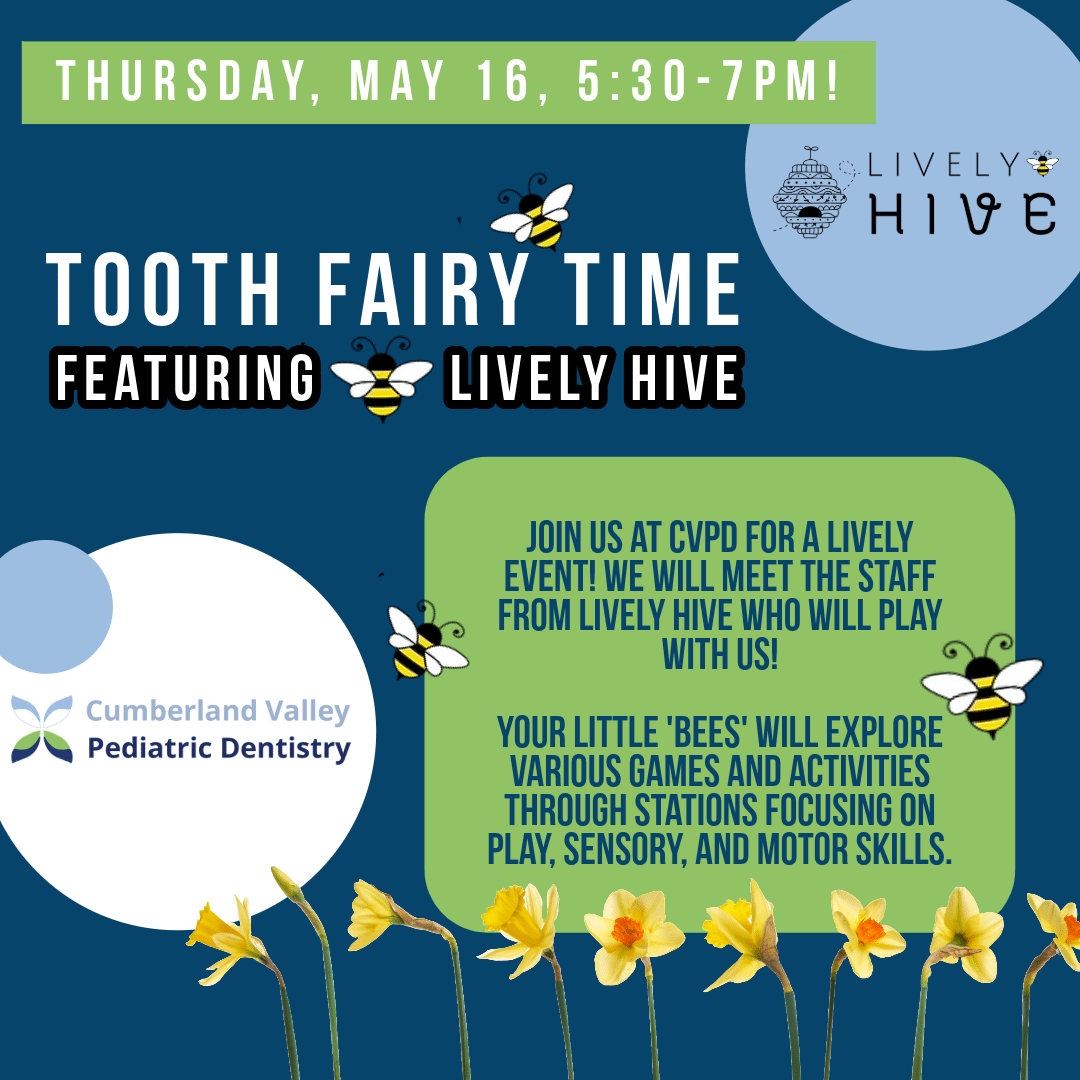Since baby teeth are just going to fall out many parents think they can just let it go if their child has a cavity. Yes, it’s true that primary (baby) teeth don’t last forever, but they are not expendable and untreated cavities can cause serious immediate harm, and negatively affect how a young mouth develops.
Teeth Damaged by Cavities can:
– Impact children’s nutrition, and impede them from eating healthy food.
– Cause overbites, and bite alignment problems that require oral appliance to fix.
– Hinder adult teeth from growing in straight and healthy.
– Impede proper speech, and negatively affect self-esteem.
– Cause severe tooth pain, that worsens without treatment.
– Lead to infections that affect nearby teeth, and cause more cavities.
How Close is the Baby Tooth To Falling Out?
If the tooth is going to fall out soon we may recommend just improving oral hygiene with brushing and flossing as well as coming to regular check-ups with your pediatric dentist. This will typically be recommended if the baby tooth is loose or is projected to get loose within the next 6-12 months.
How Big is the Cavity?
Most cavities we see have reached the inside layer of the tooth called dentin. Dentin is softer and more porous than the outer white layer called enamel. When the cavity is in that inner layer, it can spread fast so at that point we recommend filling the tooth. If the cavity is bigger and on multiple surfaces of the tooth we may recommend the tooth be restored with a crown. If the cavity is so big that a filling or crown wouldn’t fix the tooth properly, your pediatric dentist will recommend extraction.
If your child is at high risk of getting even more cavities, your dentist may recommend fixing the tooth so your other teeth are protected.
How to Prevent Tooth Decay & Cavities
Cavities are the most prevalent childhood disease in the United States, but it’s also the most preventable. You can help your child to prevent cavities and tooth decay by encouraging them to get into a proper oral health routine, which means brushing twice per day for two minutes at a time and flossing once per day. You can also take easy dietary measures to prevent cavities, too. Try removing sugary beverages from their diet, and substitute them for fluoridated water, which is one of the most powerful tools in the fight against cavities.


